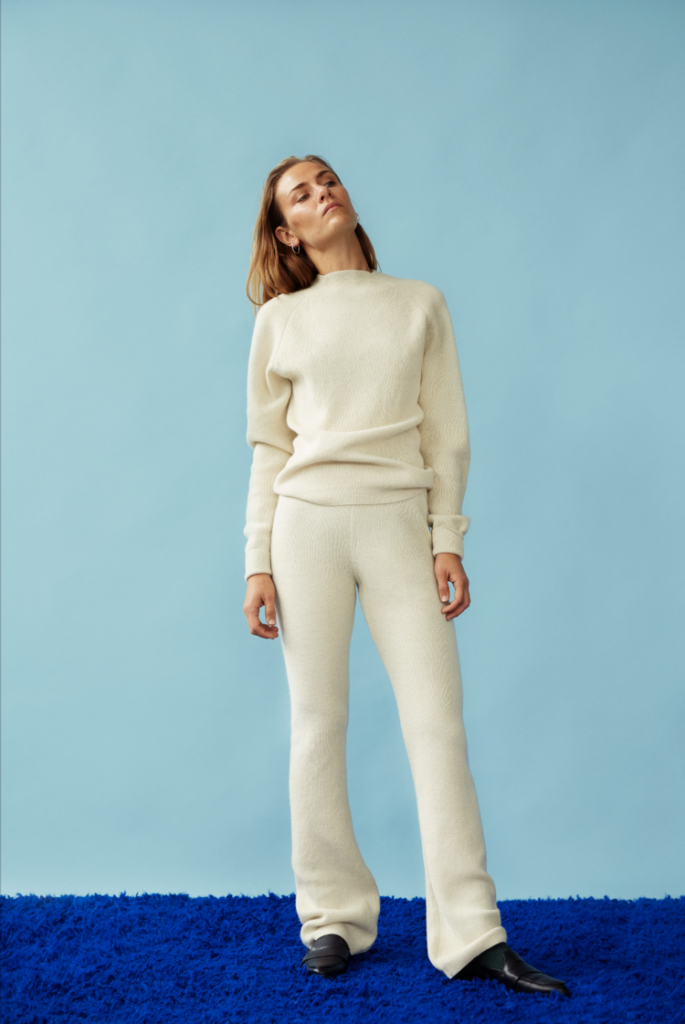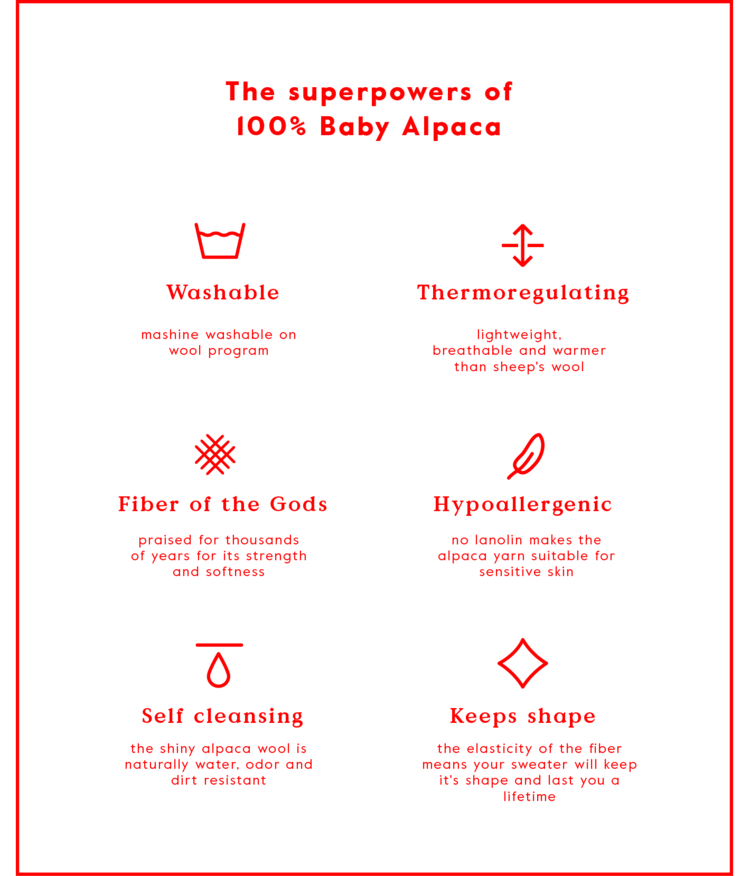
Carcel is Sewn By Women in Prison (That’s a Good Thing)

Poverty is the number-one reason that women in developing countries are in prison—for offenses like prostitution, drug trafficking, and theft. Think about it: none of those crimes are committed by people who have financial wherewithal and upward mobility (in the vast majority of cases). Women commit those crimes because they don’t have many choices.
We go where the best and most sustainable materials in the world meet the highest rate of poverty-related crime. This way, we transform lost time into fair wages, skills and hopes of a better future.
So a new Danish fashion label, Carcel, decided to work with imprisoned women, providing training—leading to a valuable skillset—and fair pay commensurate with the work they are doing. When the women’s sentences are over, they will have marketable skills and money in the bank.
Right now, the brand is focusing on knitwear, and the project is first working in Peru, with women knitting alpaca into sweaters and sweater-pants.
In Peru there is a long an ancient heritage revolving around knitting. Many Peruvians can easily touch a sweater and make out whether it’s pure baby alpaca wool, or a mix with polyester or cotton. We respect the Peruvian culture and the many thousands of years of knowledge gained about the alpaca wool. We have chosen to manufacture all of our products using hand-knitting machinery.
These analog instruments require skills, sensitivity and most importantly, a person to move the threads and create the right pattern.

But since their Kickstarter was fully funded, and then some, they have begun production of their first collection, which will be out this spring, and gotten started on to their next project, which will be silks from India.





